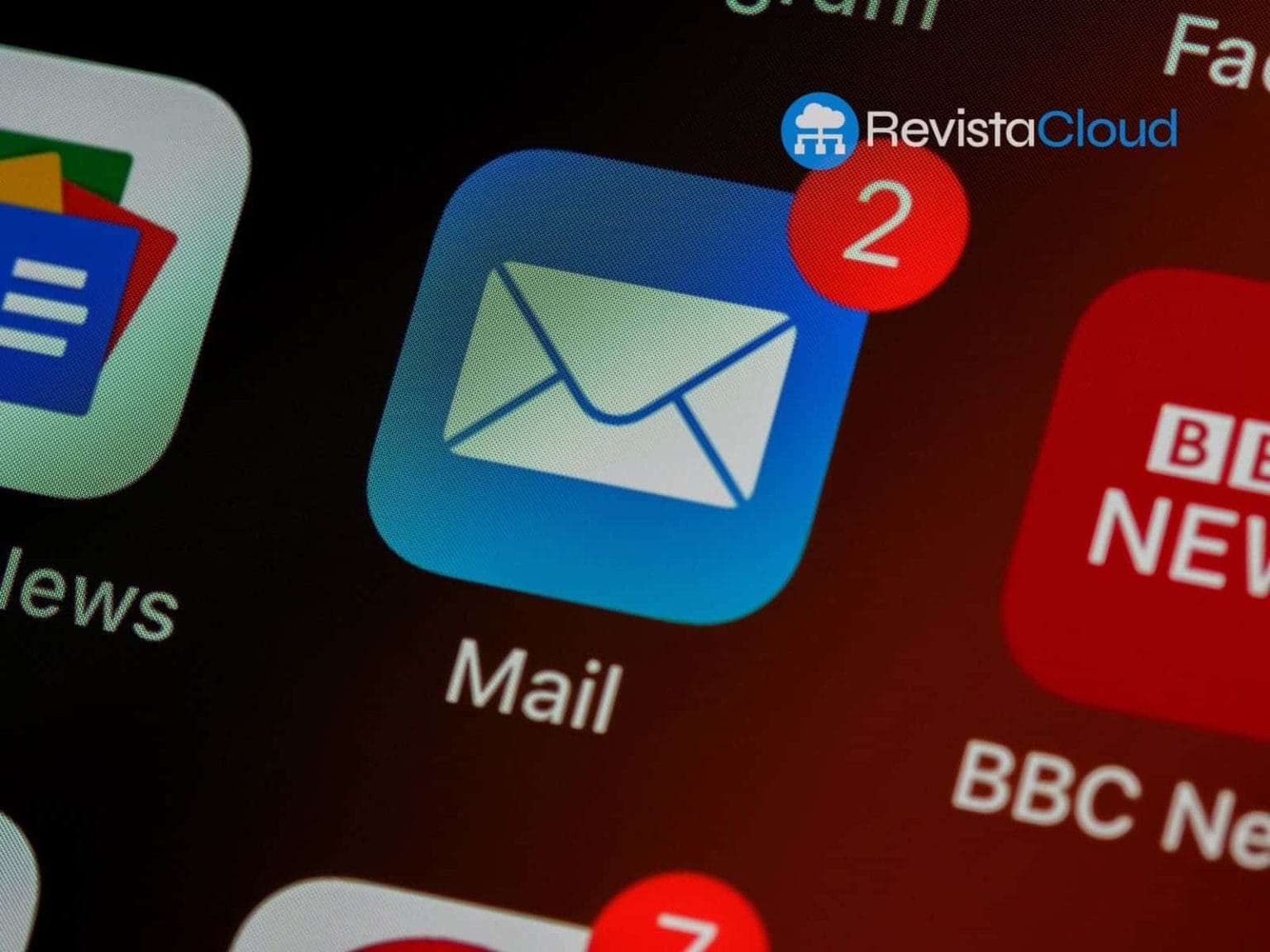In a new security measure aimed at strengthening email authentication and combating cybercrime, Google Gmail and Yahoo Mail have announced that they will begin applying new authentication requirements starting in the first quarter of 2024. This decision comes in response to growing concerns regarding phishing attacks and email fraud, which have continued to exploit digital communication as a primary vector for cybercrimes.
The new requirements will focus on enhancing existing mechanisms such as DMARC (Domain-based Message Authentication Reporting and Conformance), SPF (Sender Policy Framework), and DKIM (Domain Key Identified Mail). These protocols are crucial for verifying that emails come from legitimate sources and have not been altered in transit. While DMARC technology has been available for a decade, its adoption has been uneven, and many companies have yet to implement it.
With 90% of organizations in Spain reporting at least one successful phishing attack in 2022, and the FBI labeling Business Email Compromise (BEC) as a billion-dollar fraud, the need for robust authentication is more critical than ever. Authentication protocols not only block identity spoofing but also protect consumers and businesses by verifying the authenticity of email communications.
Implementing and maintaining these protocols presents challenges, especially for organizations with multiple domains or those lacking the necessary internal technical resources. Email authentication requires ongoing maintenance and technical understanding to adjust and calibrate protocols as threats evolve.
For companies that have not yet adopted these security protocols, time is of the essence. Experts recommend working with security partners who can facilitate the transition and ensure that authentication policies are correctly configured and updated. Additionally, Google will impose additional measures for organizations sending large volumes of emails, highlighting the need to adopt these security practices not only as a requirement but as a recommended best practice.
“Adopting rigorous email authentication measures is not only a response to the requirements of Google and Yahoo but a necessary step to protect organizations from emerging and sophisticated threats,” explains security expert Rob Holmes of Proofpoint. According to Holmes, while end users must be educated about the dangers of phishing and other email scams, technical solutions like DMARC are essential to provide a robust layer of defense against cyberattacks.
As we approach 2024, businesses will need to assess and enhance their email security practices to comply with the new standards and defend themselves against the constantly evolving threat landscape.

